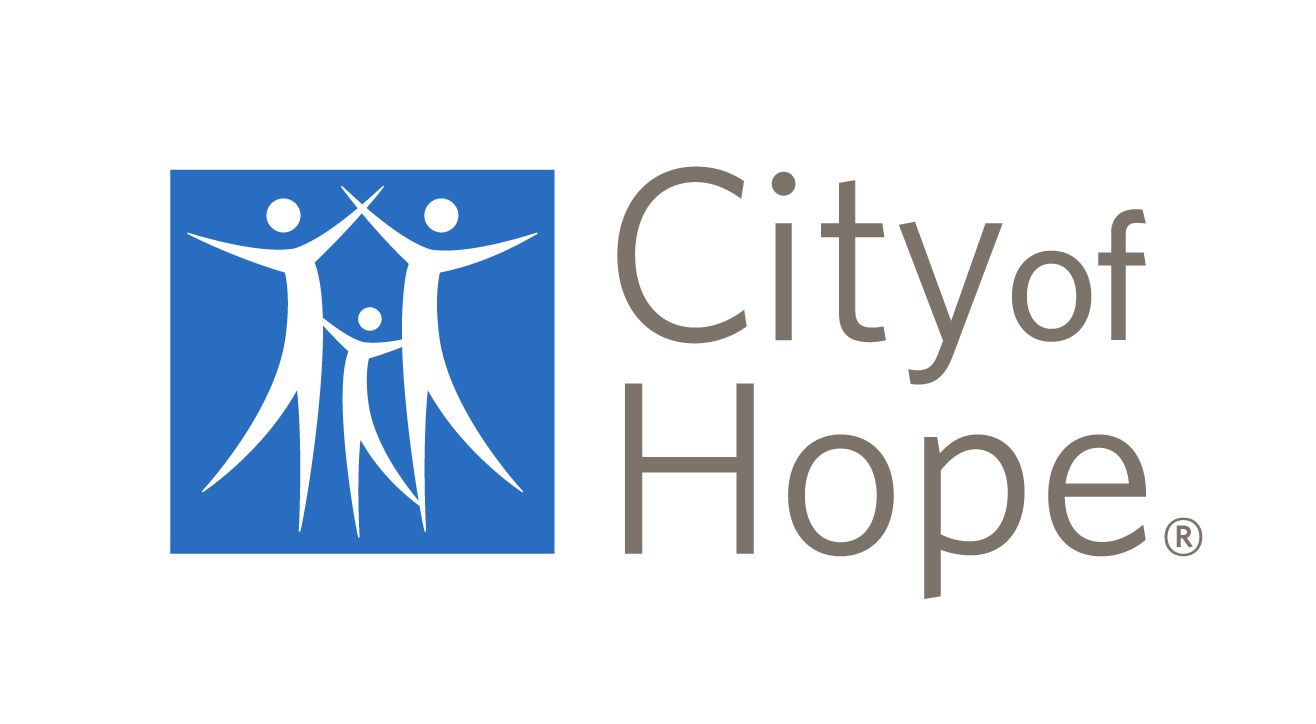- Advertise
- About OncLive
- Editorial Board
- MJH Life Sciences brands
- Contact Us
- Privacy
- Terms & Conditions
- Do Not Sell My Information
2 Clarke Drive
Suite 100
Cranbury, NJ 08512
© 2025 MJH Life Sciences™ and OncLive - Clinical Oncology News, Cancer Expert Insights. All rights reserved.
Geriatric Oncology ASCO Guidelines Provide Update on Importance of Assessment
ASCO has released an update to the guidelines for the practical assessment and management of vulnerabilities in older patients receiving systemic cancer therapy.
ASCO has released an update to the guidelines for the practical assessment and management of vulnerabilities in older patients receiving systemic cancer therapy. Top line updates focused on improving outcomes for geriatric patients with cancer include the use of geriatric assessment (GA) tools, interventions, and integration of those findings into treatment planning for this population.1
“Clinically, the most important conclusion is that it is essential to do a GA for older adults with cancer to provide appropriate care when considering systemic therapy; when GA-guided management is compared with SOC [standard of care], it clearly leads to significantly less chemotherapy toxicity and improves adherence to chemotherapy,” the authors of the update wrote. “[GA-guided management] also improves important patient-centered outcomes and communication, particularly patient and caregiver satisfaction with care, communications about aging concerns, and completion of advanced directives.”
One aim of the update is to set expectations for the population of patients aged 65 years or older and their families to receive a GA following a diagnosis of cancer, prior to initiating treatment. The GA can help patients and caregivers set expectations, generate goals of treatment, and deliver optimal treatment based on patient fitness.
The new recommendations provide an update to the 2018 guidelines for this population.2 Within the update, the expert panel provided resources to access GA, including training videos. Of note, there was an informal consensus on their recommendation; however, the evidence quality of the resources was given a moderate ranking.1
A key update is the expansion of therapies beyond chemotherapy covered in the recommendation. “We note that the guideline now addresses systemic therapy, including chemotherapy, targeted therapy, and immunotherapy,” the authors wrote. “In addition, based on data demonstrating that the uptake of guideline-recommended GA has been uneven at best, the update reconsiders the question of which GA tools are best suited for use in everyday clinical oncology practice.”
Recommendation 1.1 updates the 2018 recommendation to state that patients aged “65 years and older with GA-identified impairments, should have a GA-guided management in their care plan.” The recommendation is evidence-based and strongly recommended. Impairments identified via GA include activities of daily living (ie, walking, grocery shopping, personal hygiene, etc), functional status, nutritional insufficiencies, social support, psychological, comorbidities, and cognitive function among others.1
The GA should be filled out by the patient or caregiver, stressing the importance of the tool across the patient’s support system. “As the evidence strengthens supporting the value of GA-guided management for patients, families, and providers, the lack of uptake remains a primary barrier to realizing the benefits,” the authors wrote. “Implementation barriers to GA-guided management include lack of understanding about available GA tools, perceived lack of resources, need for training, poor documentation, and system barriers. Further improvements in the use of these tools require addressing these remaining barriers.”
Therefore, recommendation 2.1 suggests that providers provide a GA with “high priority aging-related domains known to be associated with outcomes in older patients.” In the literature review for GA uptake among US-based community oncologists, surveyed practices reported 13% to 21% of providers used GA in standard practice.1
“We realized the GA needed to be shorter, more concise and very practical,” William Dale, MD, PhD, said in a news release.3 “So, we developed the practical geriatric assessment. It boils the science down to its essence and is easy to use. [approximately] 80% of it are questions for patients that can be completed without assistance from care staff. The remaining information about cognition and physical abilities; however, need to be captured in clinic by trained personnel.” Dale is the George Tsai Family Chair in Geriatric Oncology in Honor of Arti Hurria, MD, professor and vice chair for academic affairs in the Department of Supportive Care Medicine, director, of older adults specialized interdisciplinary Services, and director of the Center for Cancer and Aging at City of Hope in Duarte, California.
The third recommendation for the guidelines is aimed at estimation of life expectancy for at least 4 years. The panel, with a high-level of evidence, supports the use of tools included at ePrognosis. Further, the Schonberg or Lee Indexes are recommended as they include common GA factors. The authors also note that these assessments have cancer listed as variable, and answering no to the cancer-related responses will allow for assessment of coexisting risks in this population.1
“The Panel recognizes that there is no perfect one-size-fits-all solution to the adoption of a GA in specific practices, as different practices settings will have different resources, different personnel, and different comfort levels for conducting GA,” the authors concluded.
References
- Dale W, Klepin HD, Williams GR, et al. Practical assessment and management of vulnerabilities in older patients receiving systemic cancer therapy: ASCO guideline update. J Clin Oncol. Published online July 17, 2023. doi:10.1200/JCO.23.00933
- Mohile SG, Dale W, Somerfield MR, et al. Practical assessment and management of vulnerabilities in older patients receiving chemotherapy: ASCO guideline for geriatric oncology. J Clin Oncol. 2018;36(22):2326-2347. doi:10.1200/JCO.2018.78.8687
- City of Hope-led panel of experts updates cancer and aging guidelines issued by the American Society of Clinical Oncology. City of Hope. News release. July 17, 2023. Accessed July 20, 2023. https://www.cityofhope.org/city-hope-led-panel-experts-updates-cancer-and-aging-guidelines-issued-american-society-clinical


